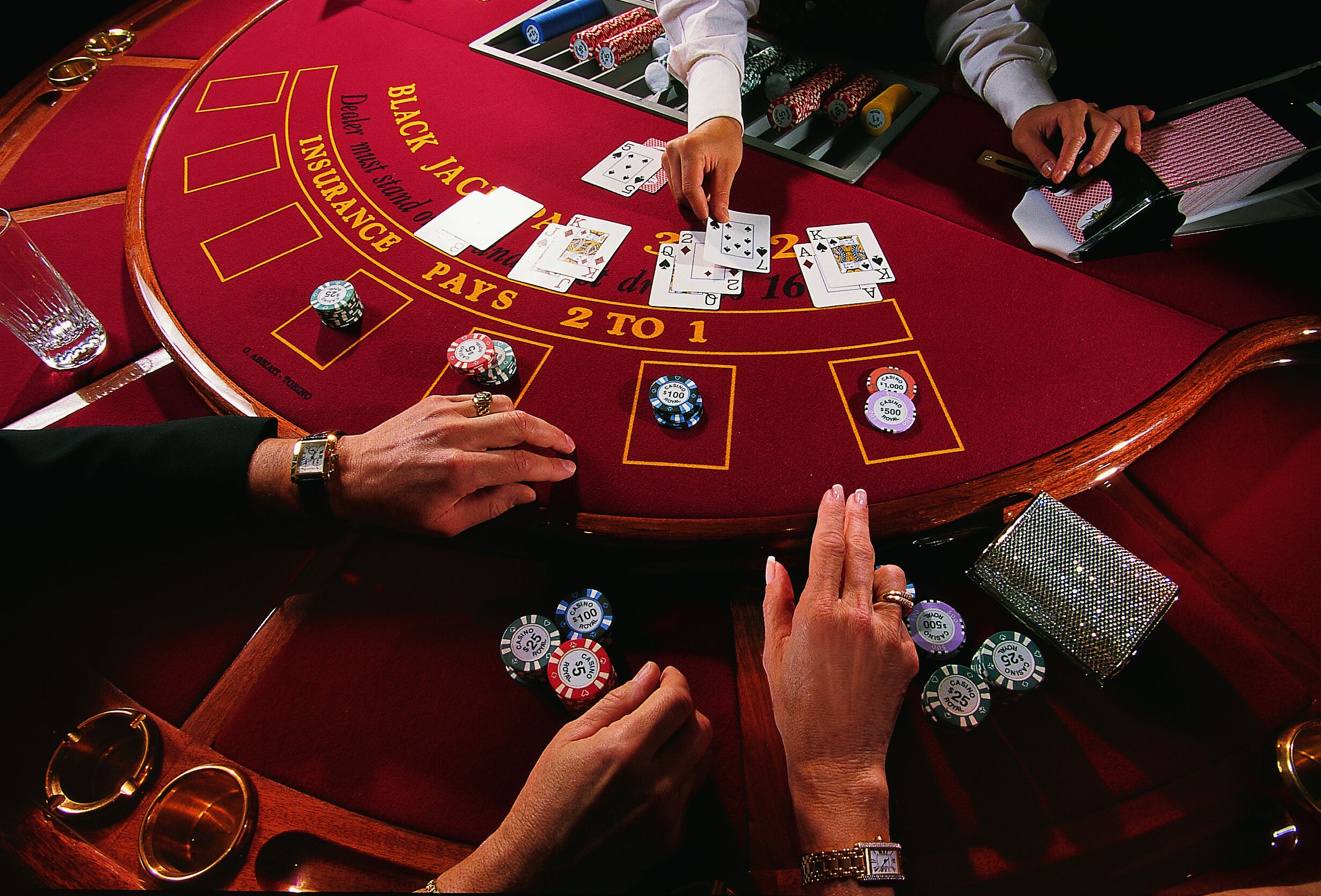The casino industry is sometimes considered purely as a cash cow to which money pours in. However, corporate social responsibility is just as much part of the casino industry as any other. The principles which make it an important business concept in the twenty first century are just as prevalent in the world of casinos as any other corporate environment.
The reasons for corporate giving are multi-faceted. Of course, such giving should be founded on a sound social conscience and a desire to help the wider world. However, there is increasing evidence to show that companies which take philanthropy seriously also see a result in their bottom line. In short, it makes good business sense to care. The boost in corporate reputation and often employee motivation makes for profitable results.
It is no surprise therefore to see that casinos are often heavily involved in many different facets of charitable giving. For example, the Caesars Foundation, one of the best known brands in the industry, gives around $10million each year to local causes such as ‘meals on wheels’ for the elderly and is also active in encouraging its employees to volunteer. In the UK, Grosvenor Casino has been at the forefront of charity fundraising, donating more than £1million to the Marie Curie cancer care organisation. Back in North America, there is a trend among casinos to give back to the local communities in which they are based. Harrah’s for example, which is now the largest gaming company in the world, has given seven figure sums to the University of Nevada and was also instrumental in helping set up disaster relief programmes in the wake of Hurricane Katrina.
With so many large casinos based on Indian reserves, it is perhaps no wonder that some of the largest casino-based charitable contributions have gone to relieve poverty and other issues in Indian tribes. It is an extension of the wider trend which focuses on communal giving. The owners of the Mystic Lake Casino Hotel near Minneapolis for example, contributed $28.5million to such causes back in 2011.
However, these are not isolated examples in which casinos make philanthropy a priority. In many cases, giving is very much ingrained in the institutional culture of the business. For example, there are some casinos, such as the Isle of Capri Casinos, which are part of a pay roll giving scheme. These charitable plans usually involve the individual employee donating a chosen portion of their salary to a charity of their choice each month, an amount which is matched by the employer. In some states, the imperative for casinos to make charitable donations is even enshrined in law. For example, in Iowa, charitable giving is part of the oversight structures put in place for any casino to be granted a licence. Meanwhile, casinos in Atlantic City are required to invest 1.25 per cent of gross revenues in redevelopment projects approved by a specially-dedicated authority.
Because of the trend in corporate social responsibility and the institution of administrative frameworks which are in place, casinos are becoming an increasingly important part of the local community. It means that at the same time, they can be fun, entertaining gaming venues and also sources of crucial charitable support.

